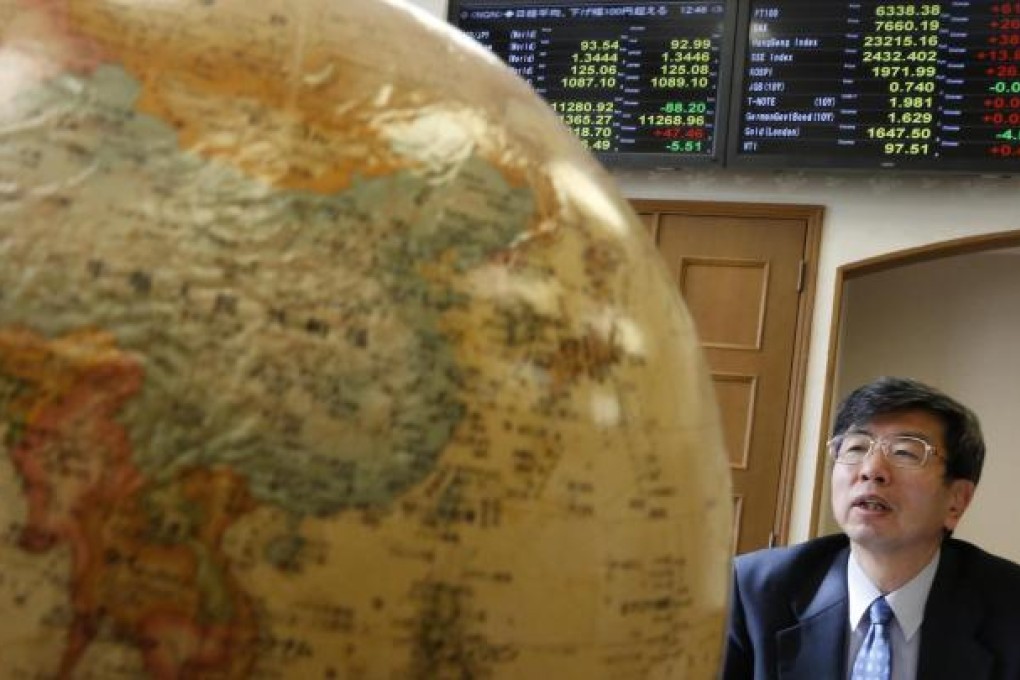
The Japanese yen's persistent fall against the US dollar since November 2012 means that this development has "upgraded" itself from being a mere flash in the pan to something much more. Indeed, the yen has fallen in double digits against all major Asian and emerging markets currencies, not overlooking the 22 per cent setback against the euro and the 16 per cent drop against the greenback (as of February 4). This unequivocal period of yen weakness now begs the question: how serious is it, and for whom in Asia is this latest round of the global currency war going to be a major problem?
Market attention has focused on Taiwan and Korea. Indeed, regarding the latter, Korean stocks have underperformed their Japanese peers in lock-step since September, and mathematical correlations between the strength of the Korean won and falling Korean stocks have picked up markedly. In other words, investors are drawing out a clear line of thought: yen weakness is good for Japanese stocks and the flipside is currency strength in Korea making Korean exports less competitive. Separately, a weaker yen means that the Korean firms at home that compete against Japanese imports will also be facing a tougher time.
But investors are also well aware that Asia's trade linkages have deepened substantially in recent years. So there is more to this story. In the case of Taiwan, domestic importers are having a field day, as Japan is Taiwan's single largest source of imports, centred on machinery and electrical components.
As such, the ensuing strength of the New Taiwan dollar has been a boon for many Taiwanese companies. On the other hand, after the mainland, Japan is also the second most import source of Taiwan's tourist visitors, making up about one quarter of all arrivals. In addition, according to official Taiwanese data, Japanese tourists spend well above the average of US$260 per day. This implies that as the yen has fallen, in all likelihood, Japanese tourists to Taiwan will be feeling less extravagant.
The message to be drawn is that ignoring the market's negative sentiment on Korean stocks would be foolhardy, even if won strength has benefits for some Korean firms, as is the case in Taiwan. Hence for now we are urging investors to cut their holdings of Korean companies.
Critical in this discussion, however, is the recognition that the yen's fall is primarily being driven by domestic political pressures, and that the legacy of deflation in Japan would argue that the yen is not substantially mispriced at current levels. Japan continues to face difficult structural challenges, namely the debt burden, and demographics, which lend themselves to a strong, not weak, yen. In other words, once the summer upper house elections pass, investors should be ready for a major reversal in the yen, and resurgence in Korean stocks, all else being equal.
